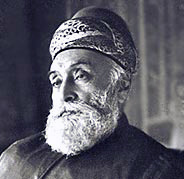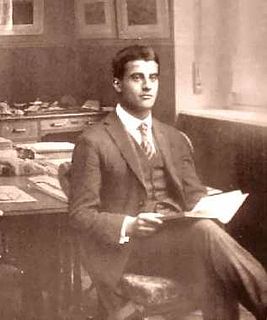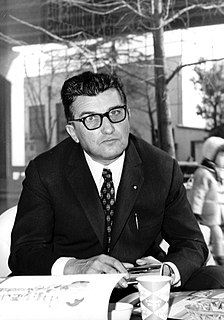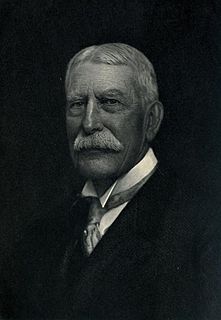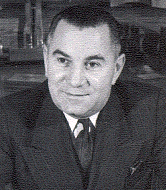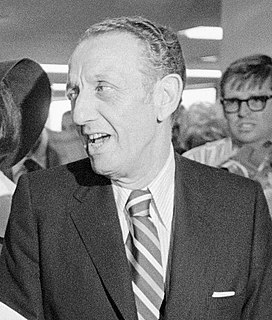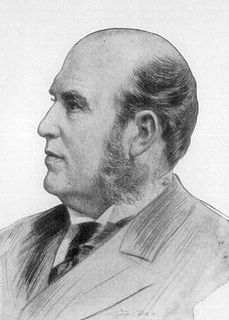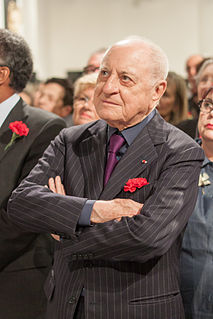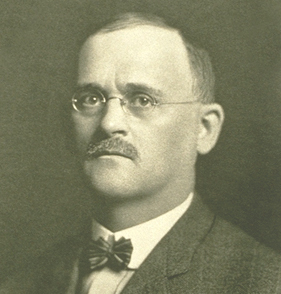A Quote by Jamsetji Tata
There is one kind of charity common enough among us... It is that patchwork philanthropy which clothes the ragged, feeds the poor, and heals the sick. I am far from decrying the noble spirit which seeks to help a poor or suffering fellow being... [However] what advances a nation or a community is not so much to prop up its weakest and most helpless members, but to lift up the best and the most gifted, so as to make them of the greatest service to the country.
Related Quotes
When we want to help the poor, we usually offer them charity. Most often we use charity to avoid recognizing the problem and finding the solution for it. Charity becomes a way to shrug off our responsibility. But charity is no solution to poverty. Charity only perpetuates poverty by taking the initiative away from the poor. Charity allows us to go ahead with our own lives without worrying about the lives of the poor. Charity appeases our consciences.
I think philanthropy is also growing and catching on. Figuring out how the philanthropy sector, which is quite small compared to the private sector, which is the biggest by far, and then the governments, you know, even in these poor countries over time has to take on these key responsibilities. How does philanthropy accelerate that? Drive the kind of innovations, make sure they get used well. So it plays this kind of special role.
I think each village was meant to feel pity for its own sick and poor whom it can help and I doubt if it is the duty of any private person to fix his mind on ills which he cannot help. This may even become an escape from the works of charity we really can do to those we know. God may call any one of us to respond to some far away problem or support those who have been so called. But we are finite and he will not call us everywhere or to support every worthy cause. And real needs are not far from us.
Jesus himself, and most of the message of the Gospels, is a message of service to the poor, a critique of the rich and the powerful, and a pacifist doctrine. And it remained that way, that's what Christianity was up... until Constantine. :Constantine shifted it so the cross, which was the symbol of persecution of somebody working for the poor, was put on the shield of the Roman Empire. It became the symbol for violence and oppression, and that's pretty much what the church has been until the present.
What I learned in Guinea is that we are all responsible for the state of our world. The world - and the system by which we trade, share, cooperate and conflict - is clearly not working. We are only as strong as our weakest members. UNICEF is run at every level by strong, relentlessly energetic, deeply capable people who use that strength, energy and capability to help those who need it most: the weakest, most disadvantaged women and children of our world. All I can do now is help make people aware of what is happening, of what they are doing. That is all that I can do. For now.
The great question for our time is, how to make sure that the continuing scientific revolution brings benefits to everybody rather than widening the gap between rich and poor. To lift up poor countries, and poor people in rich countries, from poverty, to give them a chance of a decent life, technology is not enough. Technology must be guided and driven by ethics if it is to do more than provide new toys for the rich.
